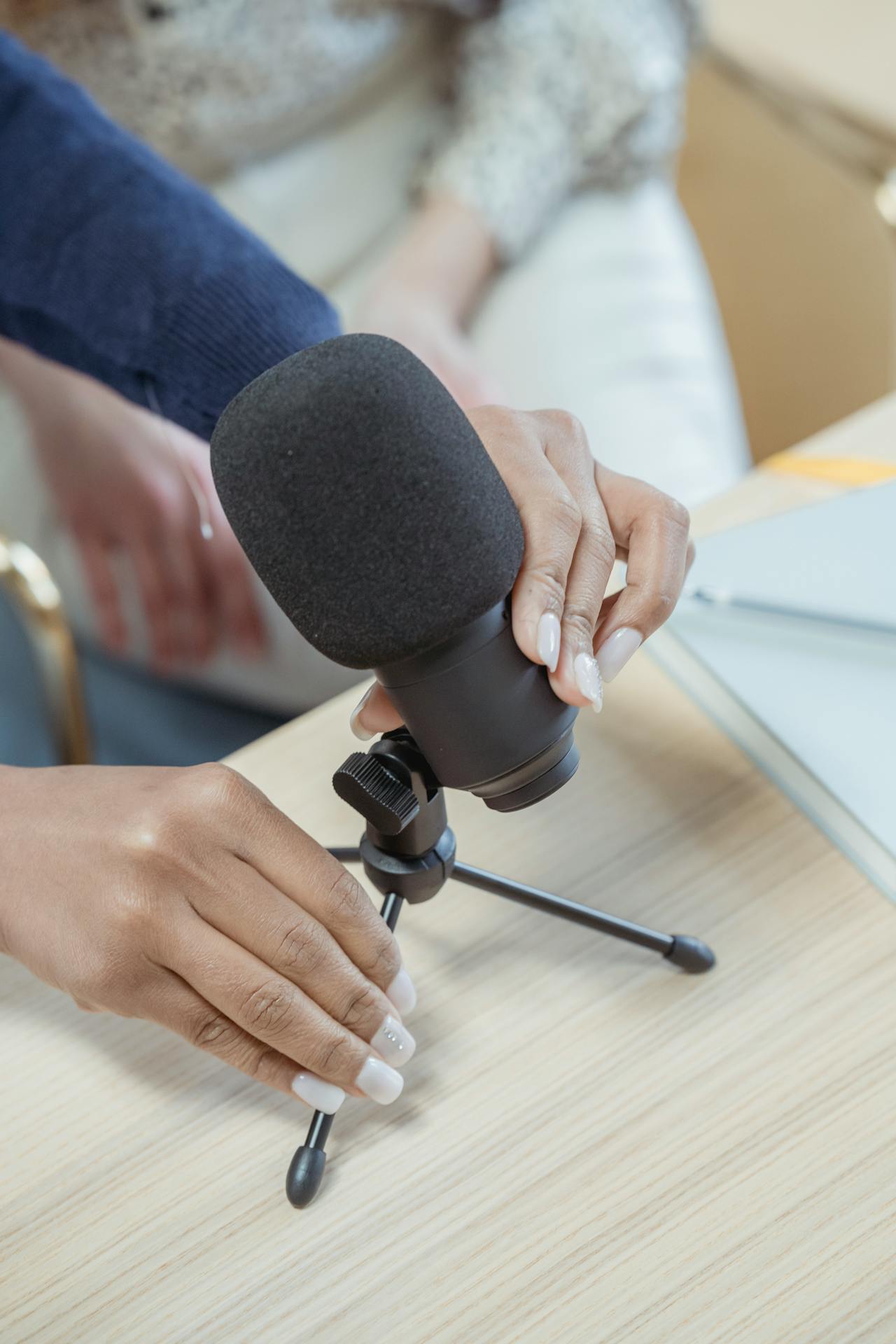I recently revisited this list of Do’s and Don’t’s for speech contests from StageTime University. Since this list is available in a number of places, it should be ok for me to paraphrase it and offer comments here. Keep in mind, that my take on these points is my own – and not exactly what the original writer meant. It’s just what I drew from a slide that I ran across, combined with my own experiences. So let’s get started.
- Don’t think you message is “Clear Enough.” This is my favorite item on this list. When we write a speech, we almost automatically think that our central point is obvious – because it is – – to us!! This does NOT mean that it is clear to the listener. If you are preparing a speech or any other presentation, deliver it to a few folks and then ask them to write down what the main point was. Don’t ask them to take turns saying it out loud, because that will quickly converge to what people think the “right answer” is. You don’t want that. You want to know what they “Heard” in the speech. If that matches what you wanted to say then great. But don’t be surprised, or offended when you find out that what you meant to convey and what they took away don’t match. And remember, if these items don’t match, its not because the audience is stupid – its because your presentation needs work.
- Don’t give your message away in the title. I am not fully sold on this one. However, it does remind me of the 5-S approach to creating a memorable speech. Prof. Patrick Winston has a lecture available on YouTube where he suggests a recipe to make a speech memorable. It has 5 elements – Slogan, Symbol, Salience, Story, and Surprise. That’s a lot to cover in 5 minutes, but a simple twist on the title can create a pleasant surprise pretty easily and this makes the speech more memorable.
- Don’t implement all feedback. Some feedback will be good, and some will be junk. Sometimes an audience member was distracted the whole time, but offers some feedback thinking that this is being polite, even if they didn’t listen at all. Recognize this, say thanks, and keep it moving.
- Don’t imitate your favorite speaker! No – you are not MLK, Barack, or Frederick Douglas. Get over it. That ACT will wear thin sooner or later. Better to simply drop it and be the polished, rehearsed, prepared, and dedicated version of yourself.
- Don’t focus on winning! This is a variant of a more common lesson – “Don’t focus on the Sale, focus on the customer”! The salesman’s desperation makes him obnoxious, and desperation for a win does the same thing for a speaker.
- Don’t rely on overused topics and tropes. “You can do it!” “Set big goals today.” “Fear has no place here!” “All you need is love!” et cetera. That’s going to get old after about 30 seconds.
- Don’t worry about the speaking order. This actually relates to point 5 above. However, I might rephrase it as, “If you don’t have something to say that you believe is of great benefit to the listener, you shouldn’t be here anyway!” If you are here to “give” it won’t matter who goes first. If you are here to “get” something, go home.
- Don’t go overboard on props. Remember, if anything can go wrong – sooner or later, it will go wrong. The more moving pieces you have, the more likely it is that something will go awry. Only add complexity when it is essential to make the point. Remember Miles Davis’ famous line about what he listens for when he hears his own music. “I am listening for the notes that I could have left out.” Fewer slides, fewer props, and fewer words is always an improvement.
- Don’t force the humor to get laughs. I recently heard a conversation between Jerry Seinfeld and Steve Harvey where they both agreed, that being funny may be the only thing that taking a class on cannot help. If you have it, use it. If you don’t (and I don’t) leave that to someone else. You can’t fake it, force it, or even get someone else to explain how to do it.
There are many other points that can one can add, but this is probably enough to digest in one post. Stay tuned for more.


